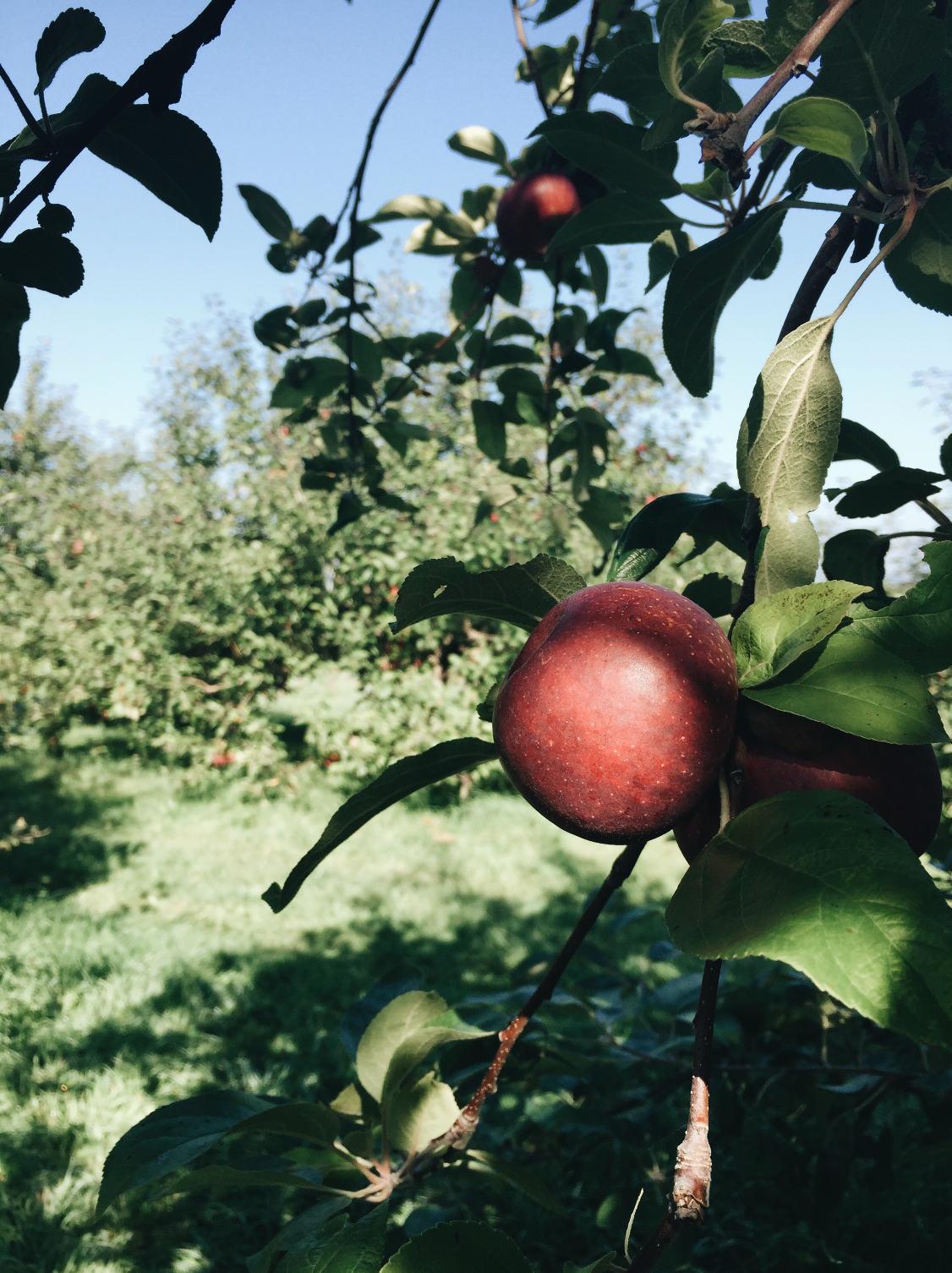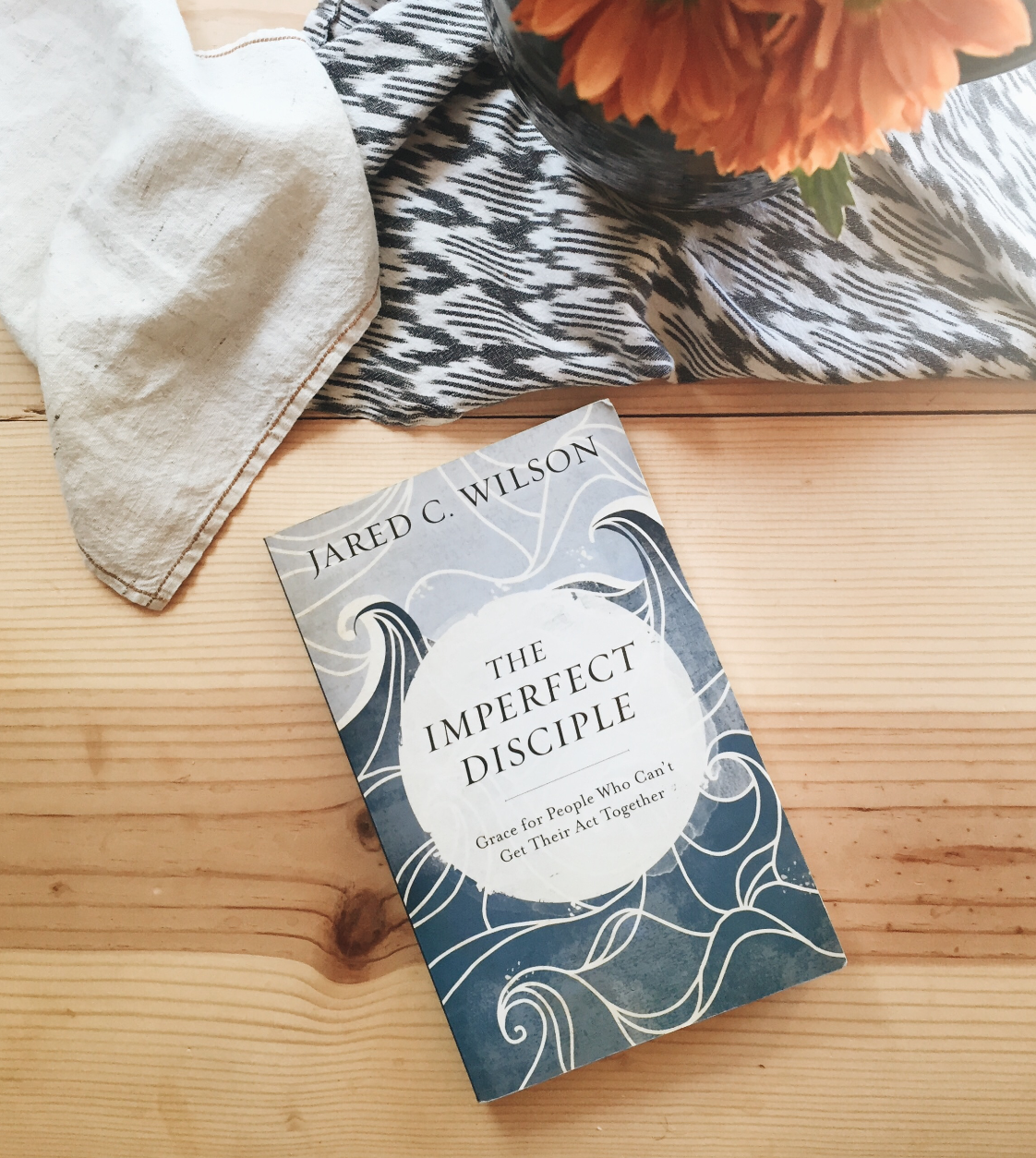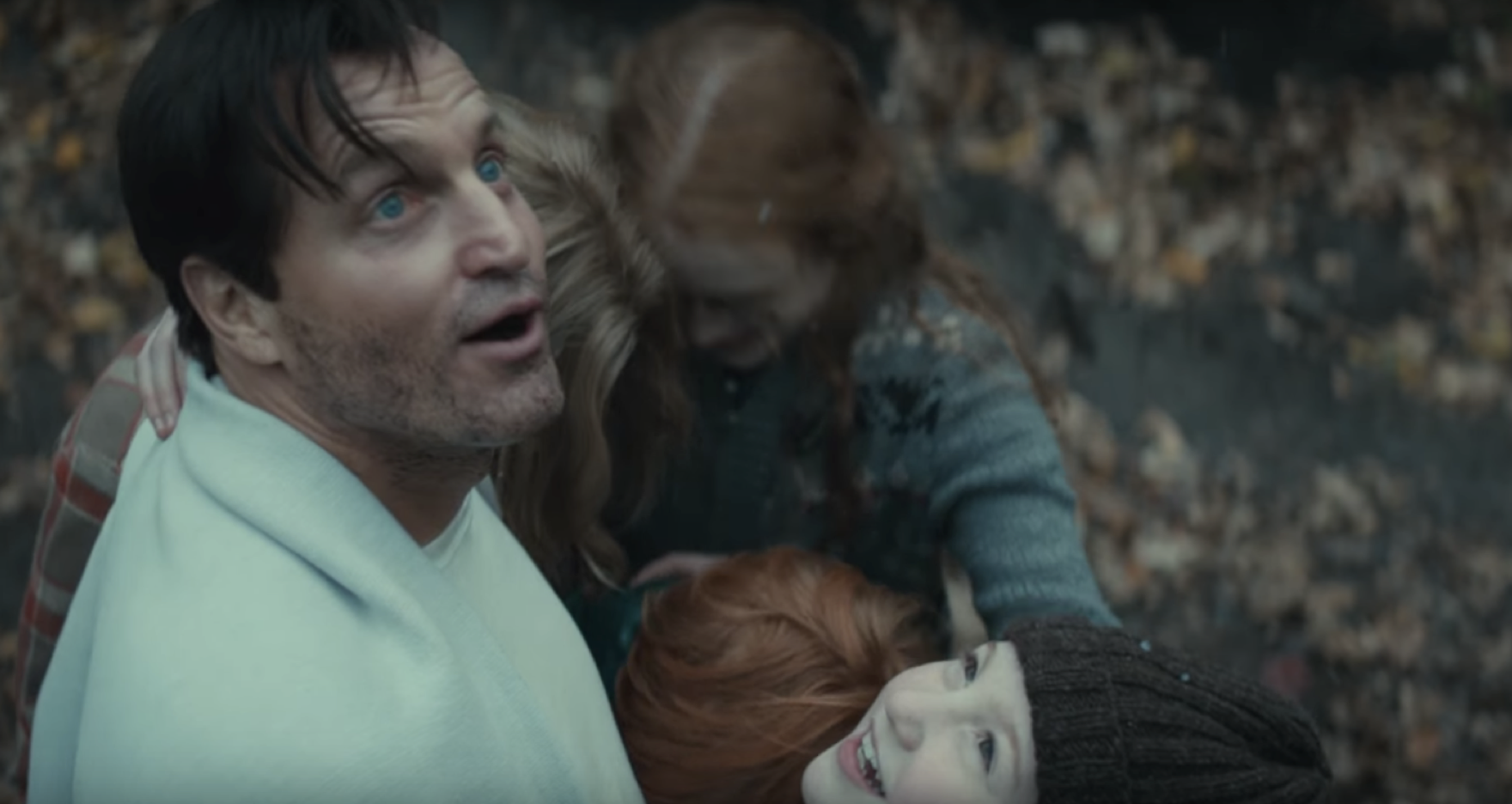I'm not sure why, but it is always autumn and not spring, September and not January, Fridays and not Mondays that always feel like the start of something good. I think it's probably because I'm easily discouraged by Great Gains and Grand Plans. I've almost never completed anything I started on time, and if I did, I most likely did it at the last minute. I've been learning about the Enneagram lately and the nemesis of the 9 (the Peacemaker) is sloth. It is like reading all my worst fears about myself. And also realizing some areas the Spirit will always be at aggressive work in my life.
The fall, though, is always a good time for me to reflect on what did not work last year, what might work this year, to recalibrate our menus, our schedules, and our goals. I've found if I do this on January 1, when everyone else is, my extreme aversion to competition kicks in and I run to the back of the line as quickly as possible so as not to win (and so secure a certain loss).
I thought a lot this past summer about the various means of communication available to our modern western world. I do try, as much as possible, to push back modernization and technology in my own life, but try as I might, communication is one place that will not be stopped. There are seventy seven inboxes, one hundred apps wanting to notify me of everything, and if I'm not careful, I can feel pressured to succumb to the way one person uses a particular form of technology even if it's not my preferred way.
So this fall, in my ever-increasing desire to press away from the tyranny of the urgent, I wanted to revisit or remake some intentions regarding communication. If I don't set my own expectations, I cannot expect to either meet them or recalibrate them if need be, or communicate them either. These are my principles. Feel free to use them for yourself if you'd like. I would encourage all of us to not come at these things neutrally. They want to eat us alive, we must rule over them.
1. I do not reinforce the belief in my own life that I am the answer to anyone's problems, have the answers to everyone's problems, or that my input into anyone's situation will make or break them or their situation.
2. I let most things wait because the Spirit is a better counselor than I am.
3. I am not anyone's best source for counsel, correction, insight, or direction.
4. I do not respond to almost anything immediately.
5. I do not have notifications enabled for any app.
6. I keep my phone on silent except for Nate.
7. Reading news and views does not help me worship or trust God more.
8. I am responsible to be faithful first to my own life, home, marriage, local church, and community.
9. I will never deal with personal conflict over any kind of written message (text, FB, email, etc.).
. . .
Here's how I endeavor to use these tools in my life:
Email. Email is work and I only use it during working hours, and only if it doesn't impede on other writing I'm supposed to be doing. Because my work is mostly writing, I don't write long emails.
Blog Email. I think of email from readers more highly than a lot of email and I take your questions very seriously. I want to give more time to responses, either on Sayable itself or in personal responses. (I am enlisting the help of a sweet girl and burgeoning blogger this fall who will be helping me navigate a lot of blog related content/emails/ebooks.)
Phone Calling. Talking on the phone wears me out, therefore I reserve it for far away friends and family (of whom I have many).
Text Messages. I exercise restraint by not answering most text messages immediately. I want to discipline my own inclinations of self-important, impatience, and need for speed, and also not give the impression of instant availability at all times. I also attempt to not have any serious conversations over text messages. This is the space I most feel pressured to answer immediately and so it is the space I have to be most disciplined in saying "No" or "Not yet."
Facebook. I use Facebook primarily for sharing links to things I find interesting or things I've written. I do not find it helpful for me to spend much time reading or perusing there. I exercise disinterest in polarizing political statements, fake or overly left/right news, cat pictures, or videos YOU CAN'T EVEN BELIEVE.
Facebook Messages. I do not check Facebook messages with any sort of regularity unless I know the sender personally, and even then, it's irregular that I check or respond.
Twitter. I use Twitter primarily for reading news and blogs, and interacting with readers. I really like the word limitations enforced there because it keeps things short and our words meaningful.
Twitter DMs. I do try to check and respond to these often.
Instagram. I use Instagram primarily to look at photos of babies, art, inspiration, and for sharing bits of my own aesthetic and life. I really care about beauty and would honestly most days rid my online footprint everywhere but here. Because I like it. I love it.
Instagram inbox[es]. I check both often, reply rarely.
Pinterest. I use it to gather inspiration for myself or bookmark links I want to remember, rarely to share with others. I'm selfish like that.
I do not use Vox, Snapchat, and a myriad of other apps available to communicate. Call me a luddite, but I keep very few apps on my phone anyway and have no desire to be ranted at for ten minutes via Vox or try to figure out if those whiskers coming out of your face on that video are real or not.
I don't know what forms of communication are in your life, but I encourage you to come at them purposefully, intentionally, and with awareness, and not just absorb, react, or rant with them. Whether you only use Facebook or never use it, whether you mainly communicate with the written word or the spoken one, whether you have every app open with notifications enabled constantly or you don't even own a smart phone, we're all being inundated with messages daily and we have to learn to navigate them as humans and not as gods. We will give account for every idle word we've spoken and written, so let's put some checks and balances in place today.


















